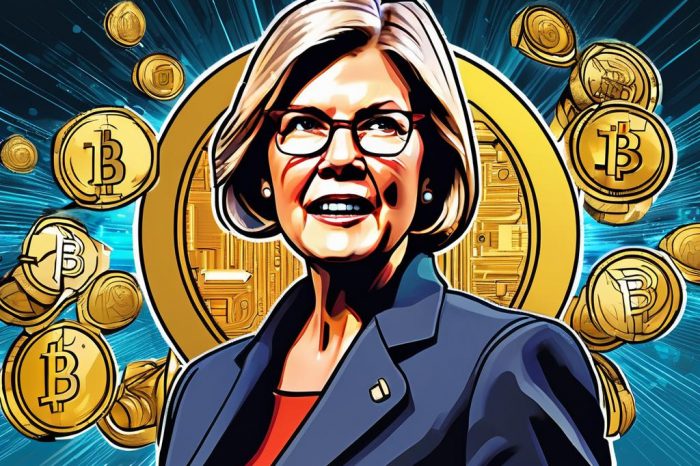Reserve Bank Of India Calls For Global Regulations To Minimize The Risks Of Growing Stablecoin Markets In Developing Economies

The Reserve Bank of India analysts worked to expose the potential ways the emerging stablecoin markets can harm developing economies. In the latest Financial Stability Report released on June 28, the central bank pointed out six dangers presented by stablecoins, further backing its unfavorable views against crypto.
RBI articulated its problems with stablecoins and how it impacts a country’s financial stability. As a firm cryptocurrency critic, RBI detailed the reasons from the emerging markets and developing economies (EMDE’s) perspective, stating the following:
“The lack of authenticated data and inherent data gaps in the crypto ecosystem impede a proper assessment of financial stability risks. “
Six Reasons As Detailed in the FSB Report
The FSB report by RBI says, “The pull factors for crypto-assets, which are inevitably denominated in convertible currencies, lack application of full anti-money laundering (AML)/ countering the financing of terrorism (CFT) standards and have features that facilitate anonymity and bypass controls.”
The associated serious risks, according to RBI, include:
- EMDEs can face destabilization due to currency substitution as stablecoin reserve assets get denominated in freely convertible foreign currency.
- Significant currency mismatch risks for firms, banks, and households may arise because large-scale adoption can cause cryptoisation.
- An EMDE’s central bank wouldn’t hold the power to control domestic interest rates and liquidity conditions to satisfy its macroeconomic policy objectives.
- Not involving financial regulatory intermediaries in decentralized, borderless, and pseudonymous crypto asset transactions can lead to financial stability risks, especially during negative spillovers and capital flow volatility.
- The crypto ecosystem as an alternative to the domestic financial ecosystem can limit the bank’s ability to mobilize fiat currency deposits, thus impacting credit creation. Further, credit risk assessment gets undermined by any loss of customer relationships.
- Tracking peer-to-peer transactions to unhosted or self-hosted wallets and anonymity-induced cryptocurrencies causes issues with the identification of financial flows. Thus, the risks of money laundering and terrorism financing arise.
Reiterating The Need For A Global Approach
RBI capitalized on this opportunity to call for a coordinated global approach, stating:
“A globally coordinated approach is warranted to analyze risks posed to EMDEs vis-à-vis AEs [advanced economies]. […] In this context, under India’s G20 presidency, one of the priorities is to create a framework for global regulation of unbacked crypto-assets, stablecoins, and DeFi.”
Further, RBI has been bullish toward central bank digital currency (CBDC), launching a wholesale digital rupee pilot project in November and a retail digital rupee pilot project in February. It also formed an agreement with the central bank of UAE in March to examine a CBDC bridge, facilitating trade and remittances.
Discuss this news on our Telegram Community. Subscribe to us on Google news and do follow us on Twitter @Blockmanity
Did you like the news you just read? Please leave a feedback to help us serve you better
Disclaimer: Blockmanity is a news portal and does not provide any financial advice. Blockmanity's role is to inform the cryptocurrency and blockchain community about what's going on in this space. Please do your own due diligence before making any investment. Blockmanity won't be responsible for any loss of funds.














